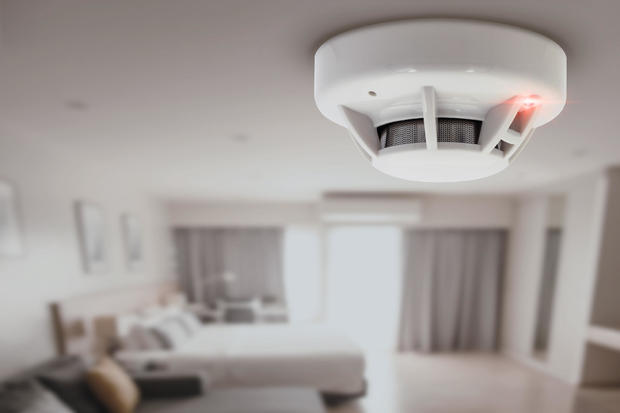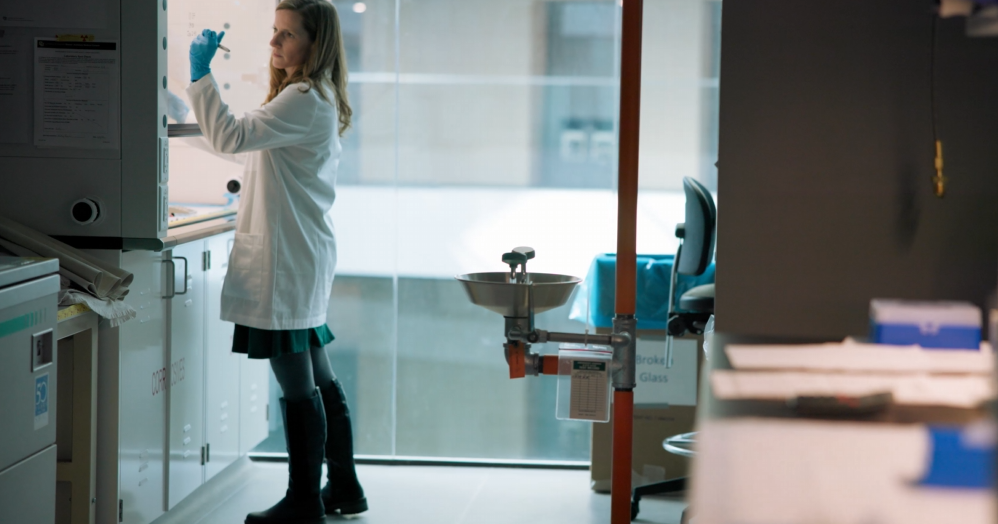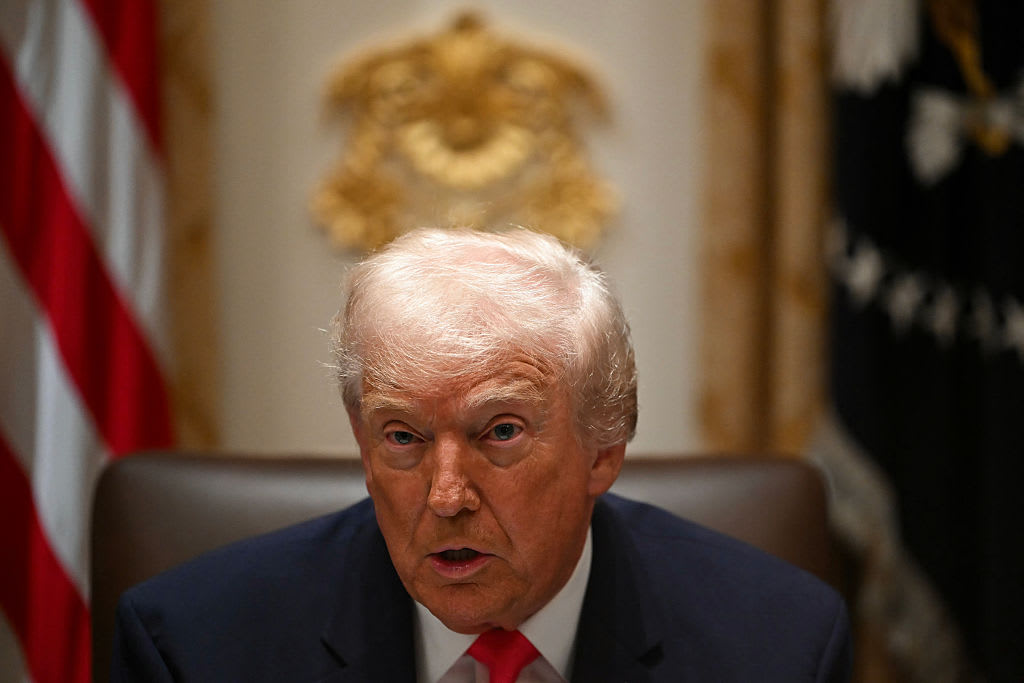Home security systems and carbon monoxide detection: What to know now
Carbon monoxide has been called "the silent killer" — and for good reason. The colorless, odorless gas is lethal to humans — and even small leaks in your stove or fireplace can have deadly consequences.
Fortunately, carbon monoxide detectors are fairly affordable and can alert you should the gas ever become present in your home. You can even get home security systems that include carbon monoxide detection features, too. These offer 24-7 carbon monoxide monitoring — plus security monitoring, too.
Explore your top home security options and start protecting yourself, and your home, today.
Home security systems and carbon monoxide detection: What to know now
If you're eyeing a home security system — or even if you're not — a carbon monoxide monitor is vital to any household. Here's why:
You can't detect carbon monoxide on your own
The biggest reason you need a carbon monoxide detector is that you can't detect carbon monoxide without one. The gas has no color or smell, and it's tasteless, too.
"The real danger of carbon monoxide is that it's both deadly and impossible to detect with our human senses," says Rob Gabriele, managing editor and home security expert at SafeHome.org. "These detectors do what our senses can't: Pick up carbon monoxide in the air and let us know there's a problem."
The right home security system could be crucial to protecting your home. Compare your options here.
Carbon monoxide is everywhere
Carbon monoxide isn't rare. It's produced by combustion, so cars and machinery can produce it, as can many common appliances and devices.
"All sorts of household appliances can leak carbon monoxide if they malfunction — gas stoves, furnaces, portable generators," Gabriele says. "By the time you notice the leak, it could be too late. That's why every home needs a carbon monoxide detector."
Older appliances pose more of a risk, especially if you don't regularly maintain them. Not cleaning out your dryer vents regularly can also increase your risks of carbon monoxide exposure.
Seniors need extra protection
If you or a loved one is older, carbon monoxide can pose an even bigger threat. For one, seniors have weakened senses, so they may be less likely to notice early signs of carbon monoxide poisoning, like dizziness, brain fog, or memory loss (they also may dismiss these as signs of aging, too.)
Carbon monoxide detectors ensure seniors hear loud and clear that there's a problem.
"These detectors give loud warnings when the level of carbon monoxide gas reaches a certain threshold," says Christopher Norman, a geriatric nurse practitioner with the National Council on Aging. "This gives people the opportunity to get to safety before toxicity can develop."
Seniors also may be less likely to maintain their homes or update their fireplaces, which increases the risk of exposure as well.
"Aging adults are especially vulnerable to the threat of carbon monoxide," Gabriele says. "As we age, we may spend less time on house projects. Lint can build up in our dryers and it may be longer between fireplace cleanings."
Choosing the right home security system
Opting for a home security system that includes carbon monoxide detection could save your or a loved one's life. There are also other features you may want to look for, like energy management, remote access, and video doorbells.
In addition to considering different features, make sure to compare providers on cost and capabilities, too. Opt for a reputable, brand name, and check reviews from past customers. You may also want to consider professional installation and monitoring to ensure you're thoroughly protected.




